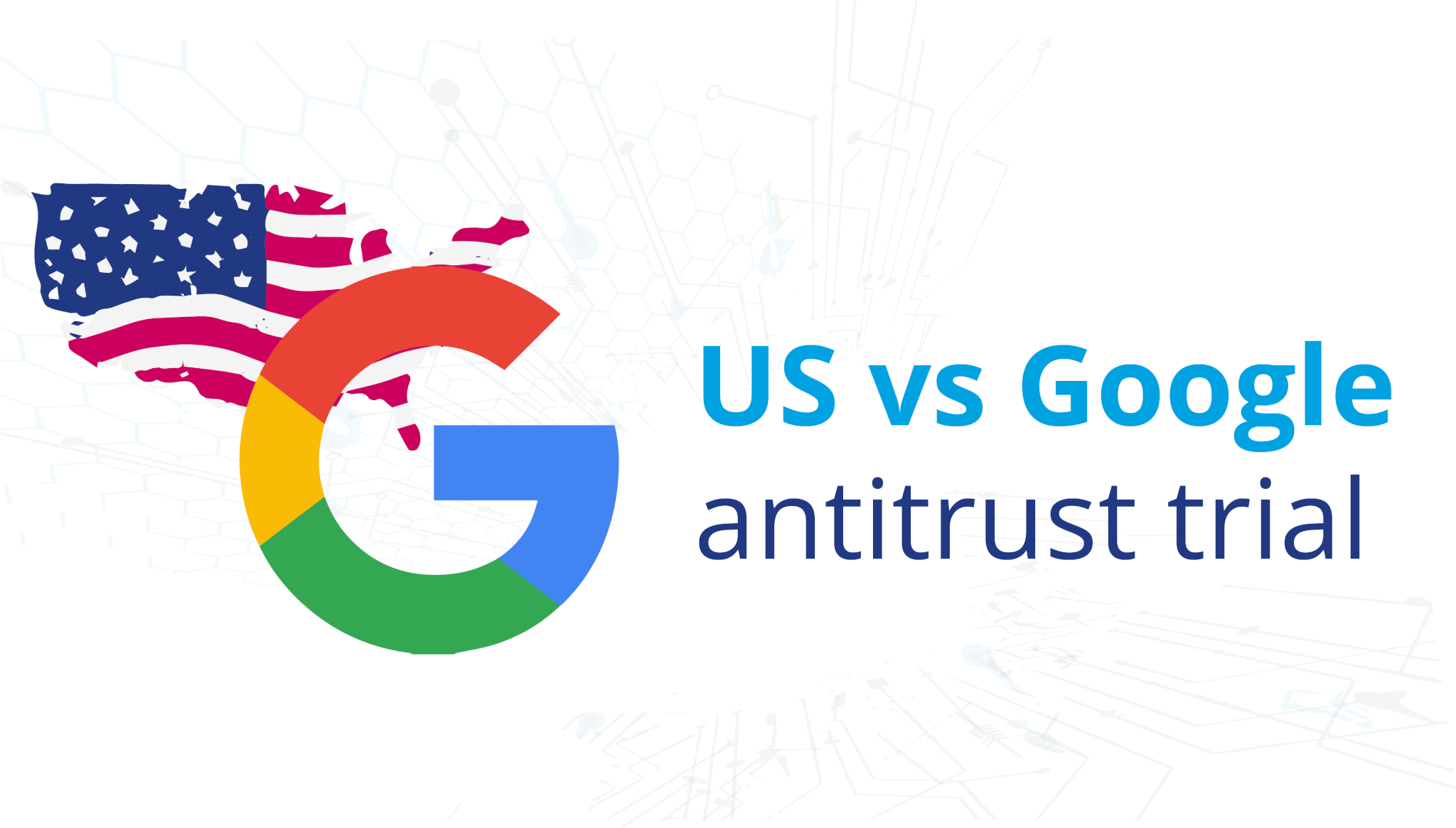

The US vs Google antitrust trial is one of the most important legal battles of our time. It could reshape the future of the internet and the digital economy. But what is it really about and why should we care?
The US government accuses Google of abusing its dominant position in online search and advertising to stifle competition and harm consumers. It claims that Google has created a “walled garden” that prevents users from accessing alternative services and forces them to use Google’s own products, such as Chrome, Gmail and YouTube. The government also alleges that Google pays billions of dollars to device makers and browsers to make Google the default search engine, creating an unfair advantage over rivals.
Google denies the allegations and argues that it provides users with the best products and services, and that users can easily switch to other options if they want. Google says that it faces fierce competition from other players in the market, such as Amazon, Facebook and Microsoft, and that its practices benefit consumers by offering them more choice, innovation and lower prices.
The trial is expected to last for several months and will involve complex legal arguments and technical evidence. The outcome could have significant implications for the future of the internet and the digital economy. If the government wins, Google could face fines, injunctions or even a breakup of its business. If Google wins, it could cement its dominance and set a precedent for other tech giants facing similar scrutiny.
Whatever the result, the trial will likely spark a broader debate about the role and regulation of big tech in our society. How do we balance innovation and competition? How do we protect consumer rights and privacy? How do we ensure a fair and open internet for everyone? These are some of the questions that we should all think about as we follow this landmark case.